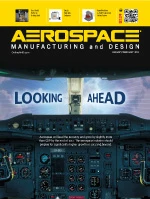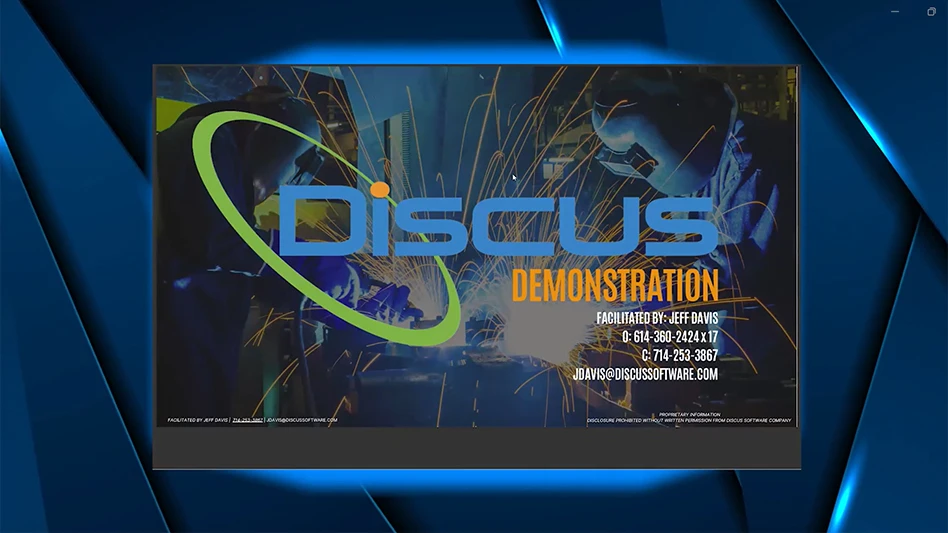 Tom Grasson Tom Grasson |
Make no mistake, 2012 will be a defining year for our country. We are at a critical juncture that will either strengthen our economy or weaken it to the point we find ourselves in the shape of Greece. Issues involving deficit spending with no end in sight, high unemployment, out-of-control healthcare costs, and the pending across-the-board budget cuts created by a do-nothing Super Committee need to be addressed now. Unless we are ready to pay higher and higher taxes, the government must rein in its current spending. No business can stay solvent by generating $2.50 in revenues for every $4.00 it spends, which happens to be the modus operandi of the federal government. If tax increases become a reality, we will witness a redistribution of wealth without the realization of what is taking place. In some respect, it is like buying gasoline. Today, we pay $3.30 for a gallon thinking this is a great deal. After all, last month a gallon of gas cost $3.60 per gallon. We forget that last year gasoline was under $2.80 a gallon. So, we become complacent, and this is exactly what would happen with a redistribution of wealth. Those benefiting from the government freebees are placid. In fact, it is now to the point that more people are looking for ways to redistribute wealth rather than trying to create wealth – because there is no longer an incentive to find a job. In addition, we’re only fooling ourselves if we believe across-the-board budget cuts are the answer. Successful managers know this is a poor way to run a business. Today, our government runs like a large corporation, managed by individuals who have forgotten they are responsible to us, the stockholders. No doubt, we need to make budget cuts, but let us make them with the precision of a surgeon, cutting with a scalpel, rather than a butcher chopping with a meat clever. Blindly making budget cuts will have a negative effect on the employment numbers, which will have a negative impact on federal taxes, including Social Security and Medicare. Congress can no longer procrastinate in resolving these issues. Placing political affiliations in front of the well-being of U.S. citizens, and failing to act on these issues until after the November elections, will negatively affect all of us. Worst of all, the backbone of our economy – the manufacturing sector – will lose what little momentum it has going. Conceivably, this could put us into a double-dip recession. I’m using the term double-dip because I’m not convinced we are entirely out of the last recession. Perhaps if Congress worked together, they could achieve some simple solutions to these complex problems. Take for example the corporate tax rate. According to Stephen Gold, president and CEO, Manufacturers Alliance/MAPI, the United States’ high corporate tax rate (an average federal-state statutory rate of 40%) is the number one reason for our lack of competitiveness in a global market. Is it any wonder why U.S. manufacturing continues to explore manufacturing operations outside this country? A lower corporate tax rate would create a higher demand for products and services. This opens the door of job creation, which in turn, generates additional federal tax revenues. As I see it, the only thing a reduction in the corporate tax rate would not accomplish is the continuation of deficit spending. However, this could be rectified in November.
|

Explore the January February 2012 Issue
Check out more from this issue and find your next story to read.
Latest from Aerospace Manufacturing and Design
- Beyond Aero refines its hydrogen-electric light jet
- Americase's advanced protective solutions
- Social media - what are your thoughts
- GE Aerospace secures Air Force engine contract
- Thomson Industries' online sizing and selection tool
- #53 - Manufacturing Matters - 2024 Leaders in Manufacturing Roundtable
- Join us for insights on one of the hottest topics in manufacturing!
- You can still register for March’s Manufacturing Lunch + Learn!







